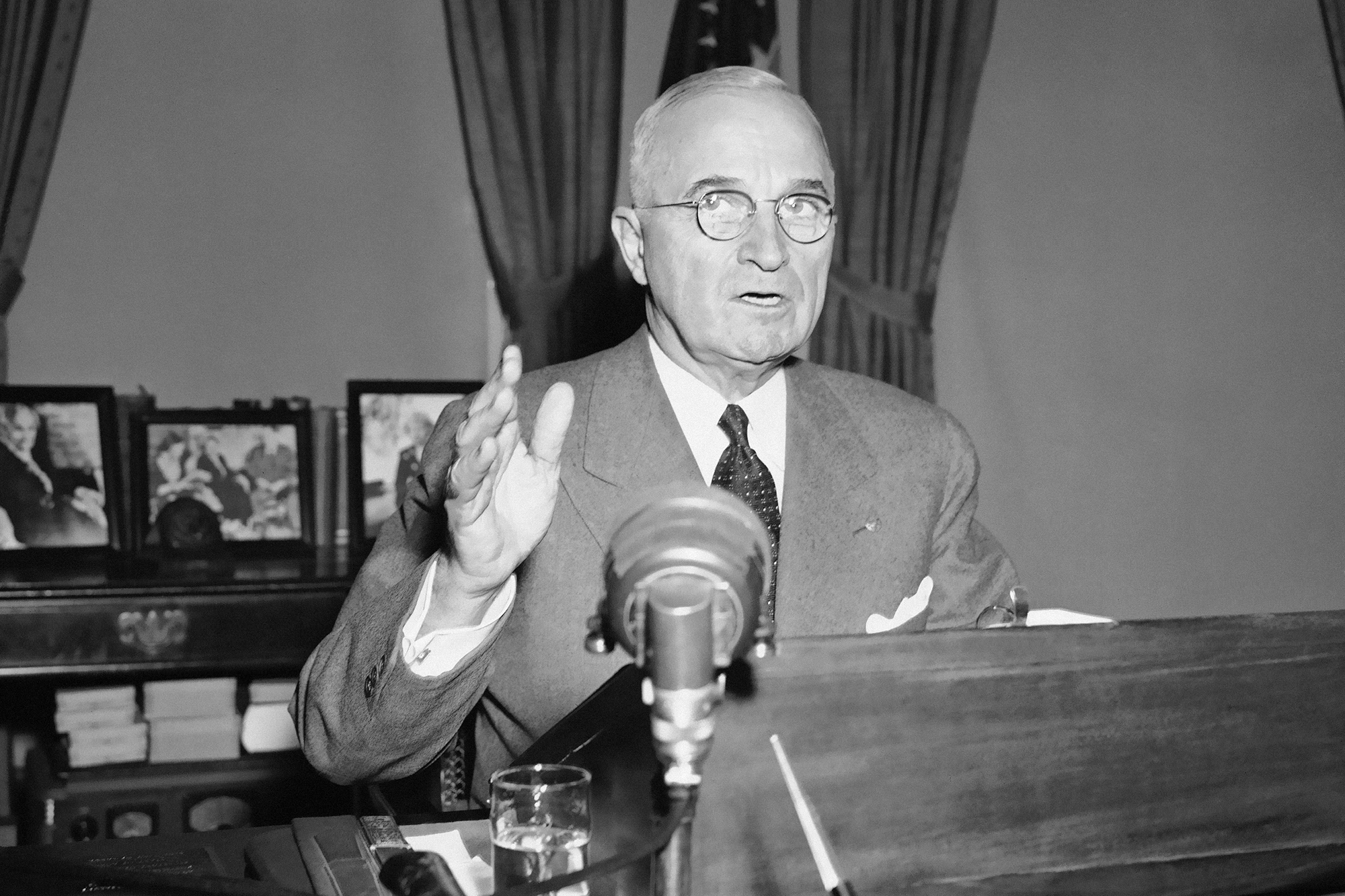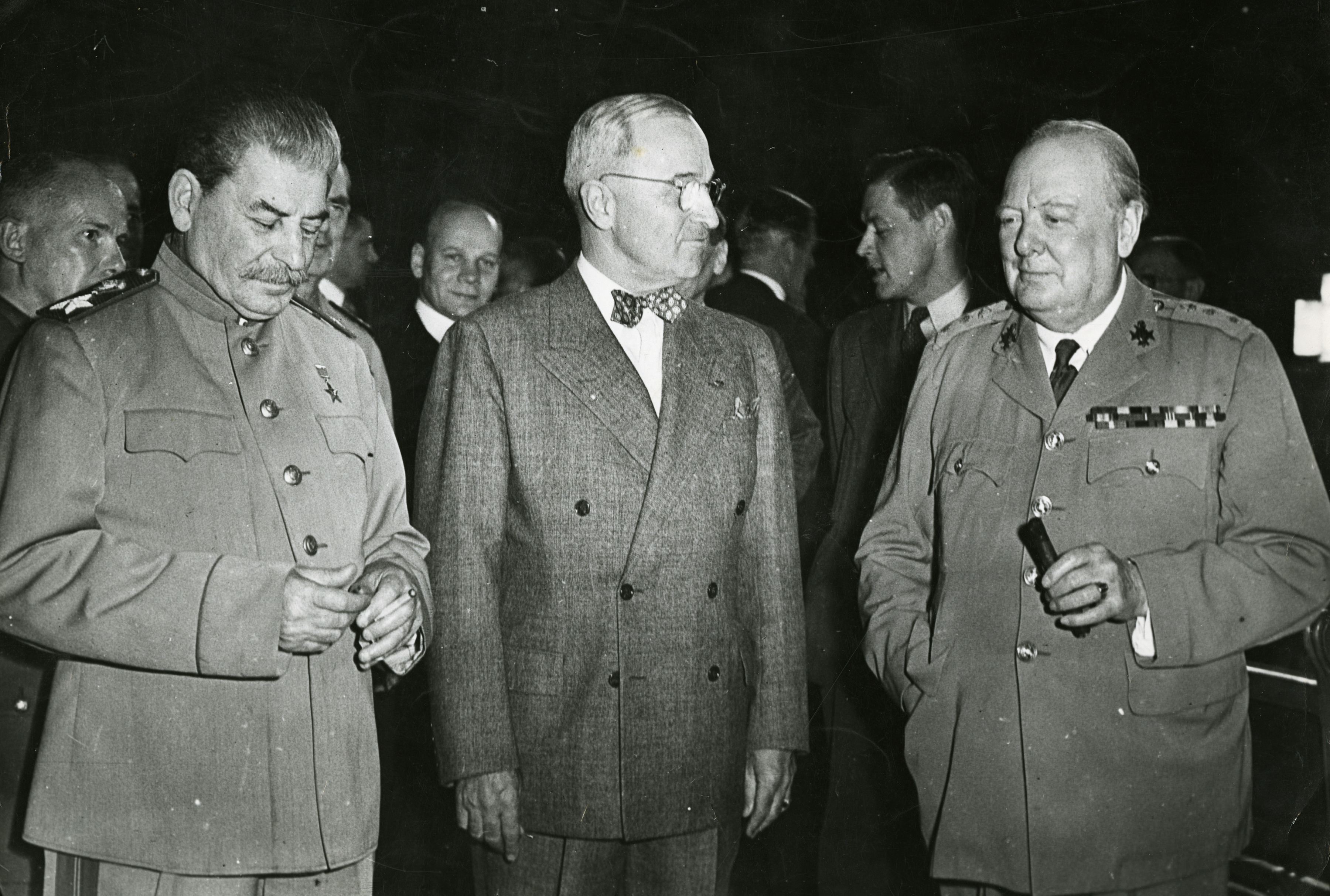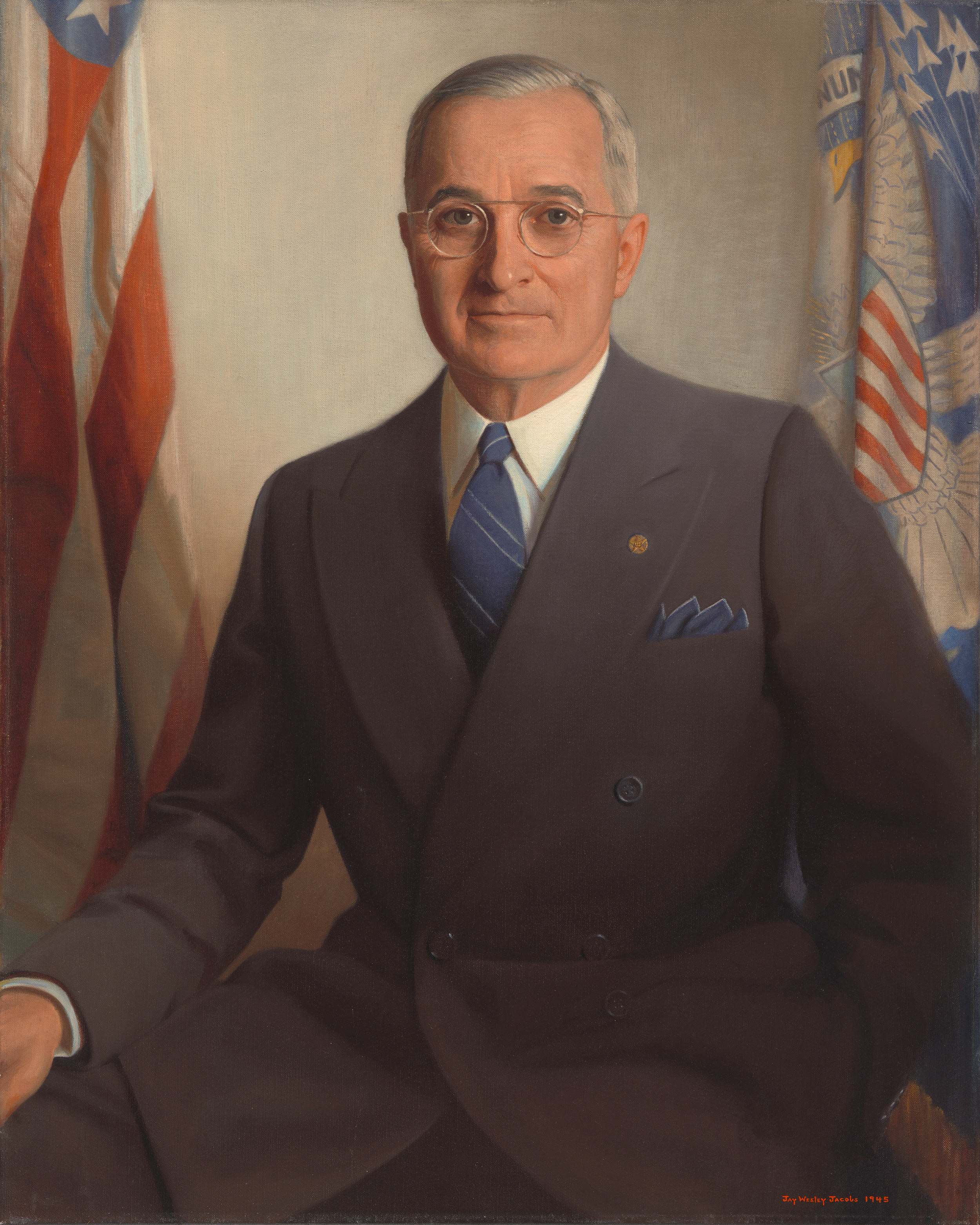Harry S. Truman: A Complex Legacy
On April 12, 1945, Harry S. Truman ascended to the presidency of the United States amidst the devastation of World War II. His meteoric rise from relative obscurity to the highest office in the land propelled him into a world ablaze, tasked with overseeing the conclusion of the bloodiest conflict in human history. Truman's decisions during his momentous presidency were to shape the post-war world, etching his name indelibly in the annals of history. This essay delves into the complexities of Harry S. Truman, the man who ended World War II and began the Cold War, critically examining his legacy and its profound implications.
Decisive Leadership in War and Peace
Truman's presidency was marked by an unwavering resolve and decisive leadership. Inheriting a war that had ravaged the world, he swiftly embraced the atomic bomb as a means to hasten Japan's surrender. While the decision remains controversial, Truman's belief that it saved countless American lives from a protracted land invasion cannot be dismissed lightly. His vision extended beyond the immediate cessation of hostilities, as he played a pivotal role in establishing the United Nations, an organization dedicated to fostering international cooperation and preventing future conflicts.
The Dawn of the Atomic Age
Truman's legacy is inextricably linked to the atomic age. His authorization of the atomic bombings of Hiroshima and Nagasaki remains a subject of intense debate. Proponents argue that it ended the war swiftly, minimizing allied casualties, while detractors condemn it as an act of unjustifiable violence against civilians. The complex moral and ethical questions surrounding these bombings continue to reverberate in contemporary discussions on nuclear weapons.
The Cold War: A Bipolar World
In the aftermath of World War II, Truman played a central role in shaping the contours of the post-war world. His containment policy towards the Soviet Union laid the foundation for the Cold War, a decades-long ideological struggle that divided the globe. The Truman Doctrine, which pledged American support to nations threatened by communism, became a cornerstone of US foreign policy during the Cold War.
Domestic Challenges and Achievements
Truman's domestic agenda was equally ambitious, though his efforts were often overshadowed by the Cold War. He championed civil rights and social welfare programs, but faced resistance from a conservative Congress. Despite the obstacles, he made significant achievements, including the integration of the armed forces and the expansion of Social Security benefits.
A Legacy of Complexity
Harry S. Truman's legacy is a tapestry woven with threads of both triumph and controversy. He led the United States to victory in World War II, brokered a new world order, and established the foundation for a long period of economic prosperity. However, his legacy is also tainted by the atomic bombings and the Cold War, which brought the world to the brink of nuclear annihilation.
Critically Analyzing Different Perspectives
Historians and scholars have offered diverse interpretations of Truman's presidency. Some portray him as a decisive and resolute leader who made tough choices in a time of crisis. Others criticize his hawkish foreign policy and his failure to fully embrace civil rights. These contrasting perspectives underscore the complexities of Truman's presidency and the enduring debates surrounding his legacy.
Scholarly Research and Historical Context
The historical record provides ample evidence to support Truman's complexities. Extensive research into Truman's decision-making process has revealed a man driven by a deep sense of patriotism and a belief in the American mission to promote democracy and freedom around the world. However, scholars have also documented the constraints imposed on Truman by the realities of the Cold War and the domestic political climate.
News Articles and Public Perception
News articles and public opinion polls offer valuable insights into the contemporaneous perceptions of Truman's presidency. During the war, he enjoyed high approval ratings for his leadership and resolve. However, his popularity waned during the Cold War, as the public grew weary of the ongoing conflict and the escalating arms race. These fluctuations in public opinion reflect the dynamic nature of Truman's legacy and the evolving attitudes towards his decisions.
Implications for National and Global Affairs
Truman's legacy continues to resonate in contemporary national and global affairs. His emphasis on containment and military strength has shaped US foreign policy for decades, while his commitment to international cooperation remains a guiding principle for global diplomacy. The nuclear age that he ushered in still poses immense challenges and opportunities for the world community, highlighting the enduring relevance of Truman's decisions.
Conclusion: A Transformative Presidency
Harry S. Truman's presidency was one of profound transformation, both for the United States and the world. His decisive leadership concluded the deadliest conflict in human history and ushered in a new era of superpower rivalry. His complex legacy, marked by both triumphs and controversies, continues to provoke debate and reflection. Truman's vision, resolve, and unwavering belief in America's destiny shaped the post-war world in ways that continue to influence our present and future.
Osvaldo Soriano – A Beloved Argentine Writer, Famous For His Novels And Short Stories.
Park Hae-jin: The Actor Known For His Roles In Both TV And Film
Park Bo-gum: The Heartthrob Actor Who Faced Controversies In The Public Eye



